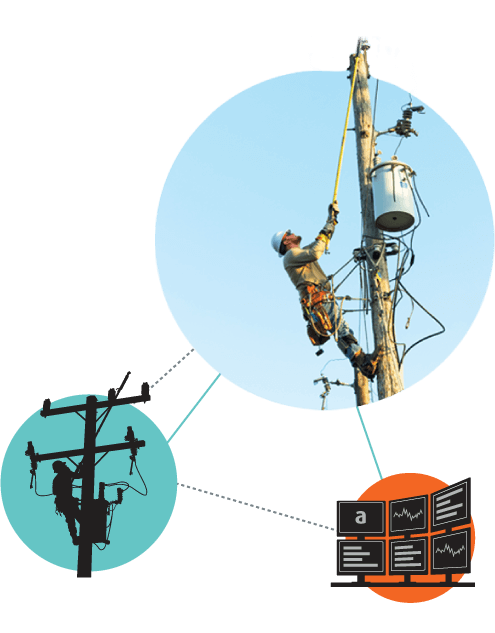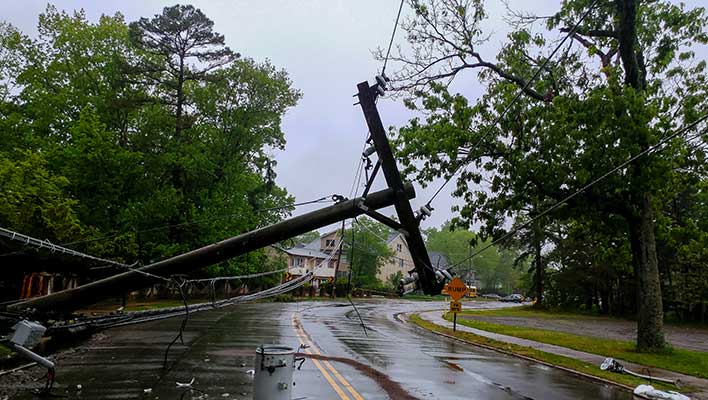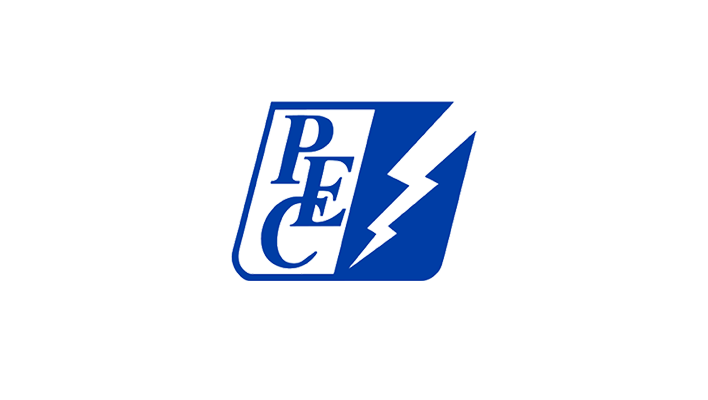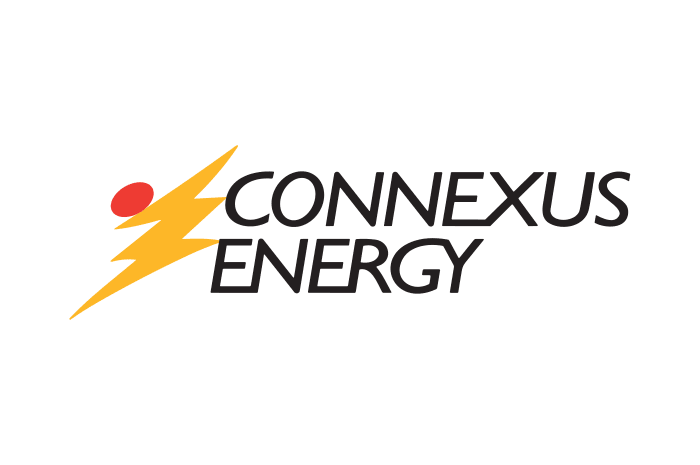Lincoln Electric Systems
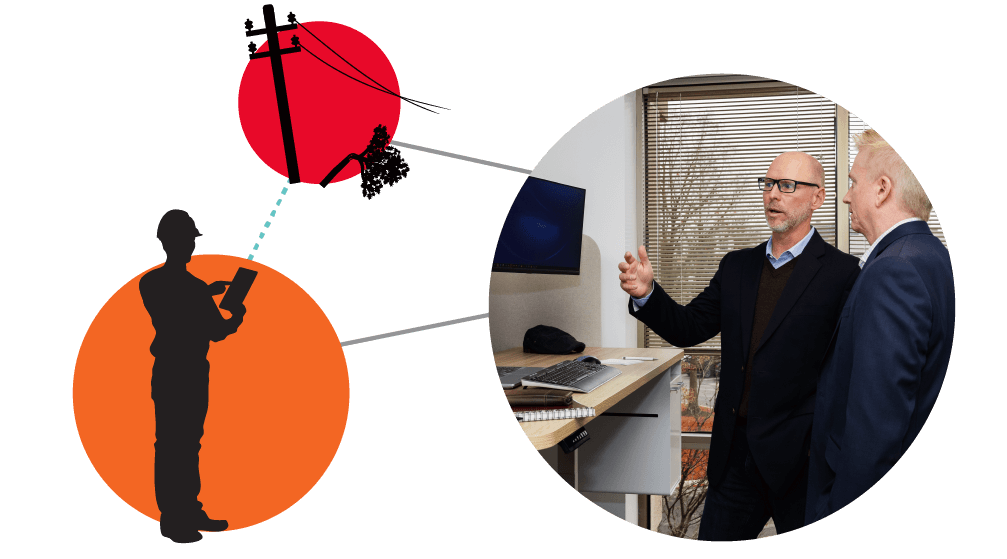
One of the Nation’s Most Efficient Electric Utilities Restores Service Faster With Improved Visibility Into Operations
Lincoln Electric System streamlines callout and crew management, resulting in improved employee satisfaction, increased efficiency and stronger CAIDI and SAIDI scores.
130K
Residential Customers
17,769
Business Customers
500
Employees
85%
Improvement in
Callout Time
The biggest benefit is efficiency. It can be difficult to recognize how cumbersome your process is until you move to a better system. Now that we’ve experienced the value [of ARCOS], we could never go back to our previous process.
Before Digitization
Checking Crew Availability
Each morning, every crew would check in with a single department, providing their information about availability. That department would compile a 20-page document just for that day, which took until around 11 a.m. Crews could not really be called or deployed until that packet was ready. Mapping, safety audits and field checks would start even later.
Making the Call
Once it was known a crew was needed, the duty supervisor would use the paper log, but it was hard to know who should be called and when. To get the job done, supervisors often just called who they knew would answer the phone based on experience, creating the potential for dissatisfied crews and possible union grievances.
Tracking the Work
After crews went into the field, they would leave behind detailed paper artifacts of their work. If a supervisor needed to look back at what had been done or who had been called, they would dig through those old paper packets, skimming for information, an untimely and cumbersome process.
The ARCOS Difference
Instant, Comprehensive Visibility
With ARCOS, crews check in as soon as they report for work. It’s done electronically, in a single system visible to anyone who needs to see it. That means availability is known at 6:30 a.m. when the shift starts, not 11 a.m. It now only takes Lincoln Electric System 8 people to run callouts, down from 24. And any supervisor can do it, rather than having to keep duty supes ready. The entire department that used to put together the paper packet has been reassigned to higher-level tasks.
Fair and Equitable
With ARCOS Callout, there’s no more guessing who should be called. Each employee gets a fair and equitable opportunity to fill shifts, satisfying crew and union requirements. All criteria are loaded into the system, and ARCOS automatically selects call order based on pre-set criteria. If someone doesn’t want to work, they have agency to select their own shifts, rather than sitting on call over a weekend.
Complete, Automated Tracking
When an incident occurs, supervisors can almost instantly see the outage info and who will be called. Every call is automatically logged in the system, so if an employee wants to know why they were or weren’t called, there’s a record. This also allows leadership to review responses to outages and other work, getting an idea of what was done well and what can be improved upon. In this way, they can prepare for the next emergency before it occurs.
Blue Skies and Grey
ARCOS Crew Manager is used for daily operations. But when an event happens, it takes mere moments to switch over to storm mode. Supervisors know at a glance who is available to respond and how much mutual aid they might need to supplement. They can also see equipment availability, so they don’t have to call around looking for a bucket truck. This knowledge allows them to assign and reassign tasks swiftly and provide accurate estimates for restoration.
Going Digital
Despite the issues with the old, manual process, some staff will always be resistant to change. When ARCOS was introduced, there were concerns about, “A robot calling field crews on the phone instead of a person,” and downloading a work app onto a personal device. But once some employees adopted the technology, others saw how easy it was and wanted to use it, too.
The Result
Through using ARCOS, Lincoln Electric System took their callout time from 60-90 minutes to less than 8 minutes, on average, getting crews into the field much quicker. Outage times went down and CAIDI and SAIDI scores improved. Decision-making is expedited so service can be restored more quickly. The whole operation is smoother.
Company Background
Lincoln Electric System was formed in 1966 to provide electric energy in and around Lincoln, Nebraska. In 1970, Lincoln voters approved the formation of a semi-autonomous administrative board of local citizens to oversee operations of the not-for-profit, customer-owned utility. They are one of the nations’ most efficient electric utilities.

Related Success Stories
- Case Study
Electric Utilities Restore Quickly and Safely After Devastating Hurricane
- Case Study
Electric Distribution Coop Drives Clear Operational Awareness
- Case Study
Minnesota’s Largest Electric Coop Looks to Manage Work & Crews in One Solution
